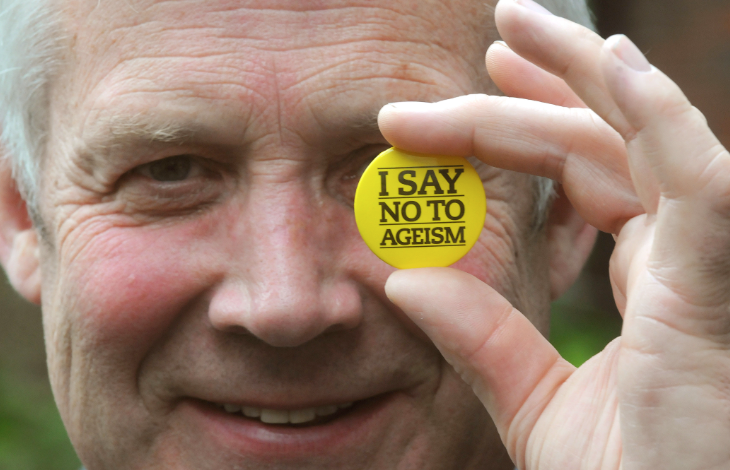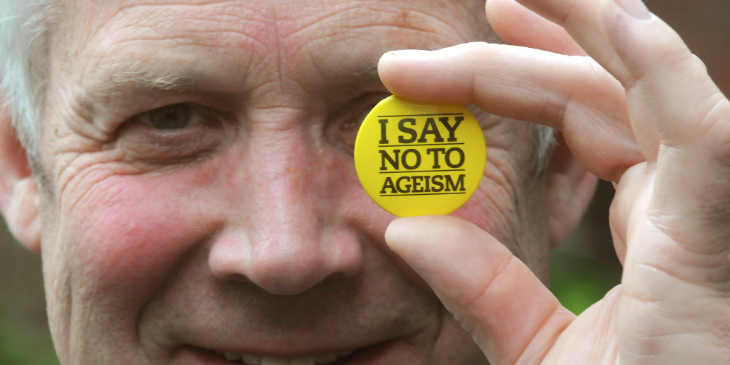You may be familiar with racism and sexism, but not so much about ageism. What is it and why is it harmful to our elderly loved ones?

What is Ageism?
Ageism is a systematic stereotyping of and discrimination against people because they are old. Many social scientists have studied that when people meet a person for the first time, they look for three things: race, gender, and age. This then allows them to categorize and define the people they meet, putting them in boxes or stereotypes that can often be unhealthy and even dangerous.
We all know that sexism and racism are not tolerated, but not a lot of people are aware of the dangers ageism brings. It people poke fun at a person for their race or gender, it usually is met with disapproval. However, there’s not much of a taboo when it comes to stereotypes and poking fun at people on their age.
Common Ageism Stereotypes:
- can’t remember things
- can’t hear well
- are frail
- have a hard time walking
- are senile or can’t think properly
- are stubborn
- must belong to a retirement home
- can’t do certain activities
- unable to operate gadgets or new technology
What Can Professionals and Family Members Do?
Professionals should encourage elderly and their family to allow seniors to take more control over the health services and treatments thatt they are getting. They also need to realize that there are issues and situations that are unique to every elderly individual and these should be addressed as well.
Meanwhile, for family members, they should encourage a positive attitude towards aging. They should also avoid supporting or encouraging stereotypes. Ageism, like others, is all about the attitude, and the right information and awareness can shift the attitude to become more positive.
Fighting Ageism
What can you do to fight ageism?
- Ignore the stereotypes and don’t participate in them
- Learn more about the aging process
- Learn more about the conditions of your elderly loved ones
- Watch how you think and how this reflects in your attitude
- Watch how you speak
- Avoid labeling individuals
- Encourage bridging the generation gap in your family or at home
- Speak out against ageism
Remember, how you treat your elders could be how other people will treat you someday.
For help caring for your elderly loved ones, get in touch with us at Blessed Home: 09178560623

Recent Comments